VCU’s collaborative, multidisciplinary functional neurosurgery team is dedicated to performing complex procedures that restore neurological condition and function. This growing, highly specialized field is paving the way for advanced treatment options for neurological conditions and movement disorders once considered untreatable, such as:
- Dementia
- Dystonia
- Epilepsy
- Essential tremor
- Focused Ultrasound
- Parkinson’s disease
- Seizure
- Torticollis
Most of neurosurgery involves taking something out, whereas here we’re actually putting things in to alter the function of the brain.”
- Kathryn Holloway, M.D.
Movement Disorders
Physicians in the Department of Neurosurgery collaborate with neurologists and neuropsychologists to provide comprehensive patient care and resident training. Learn more about our innovative and multidisciplinary approach at the VCU Parkinson’s and Movement Disorders Center.
Deep Brain Stimulation
Dr. Kathryn Holloway, a pioneer in frameless deep brain stimulation (DBS) technology, has performed more than 300 DBS procedures. Under her leadership, our team provides expert care for patients with:
- Parkinson’s disease and other movement disorders
- Essential tremor
- Dystonia
- Tourette’s syndrome
We use advanced surgical techniques to restore balance to brain circuits, including:
- Nexframe DBS frameless stereotaxy
- O-arm™ fiducial-less Nexframe procedure
- Robotic Stereotactic Assistance (ROSA) DBS surgery under general anesthesia
Epilepsy
In collaboration with health care providers across multiple disciplines, we perform surgical procedures that remove or isolate the area of the brain where seizures originate. We use the following surgical techniques:
- Open resection
- Laser ablation
- DBS
- Responsive neurostimulation (RNS)
- Vagus nerve stimulation (VNS)
- Brain mapping using subdural grids
- Stereoelectroencephalography (SEEG)
- ROSA
Normal Pressure Hydrocephalus
Under the leadership of Harold Young, M.D., the department became a national leader in the diagnosis and treatment of normal pressure hydrocephalus (NPH). A disorder caused by excess cerebrospinal fluid in the brain’s ventricles, NPH has historically been misdiagnosed as Alzheimer’s disease.
Each year we perform 70-80 NPH procedures, which involves surgically implanting a shunt system to drain the fluid away from the brain and into the body.
Education
Trainees in the Department of Neurosurgery’s residency program treat pediatric and adult patients at VCU Medical Center, the Children’s Hospital of Richmond and the VA Medical Center. Residents work alongside Drs. Kathryn Holloway and John Ward to gain experience and confidence in functional neurosurgical procedures and patient management, with opportunities for additional exposure during elective time.
We’re also proud to offer a CAST-accredited, enfolded functional neurosurgery fellowship. Please contact Dr. Holloway for more information. This is for internal applicants only.
Learn more about our residency programFaculty
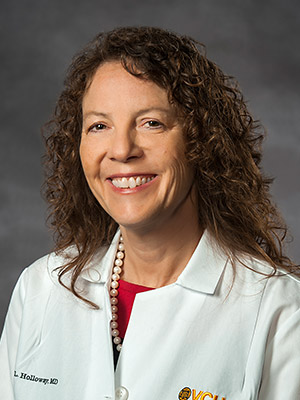
Kathryn L. Holloway, M.D.
Professor, Director, Richmond PADRECC, Richmond Veterans Administration Medical Center Chief, Section of Neurosurgery, Richmond Veterans Administration Medical Center

Kathryn L. Holloway, M.D.
Professor, Director, Richmond PADRECC, Richmond Veterans Administration Medical Center Chief, Section of Neurosurgery, Richmond Veterans Administration Medical Center
Neurosurgery
Professor, Department of Neurosurgery
Director, Richmond PADRECC, Richmond Veterans Administration Medical Center
Chief, Section of Neurosurgery, Richmond Veterans Administration Medical Center
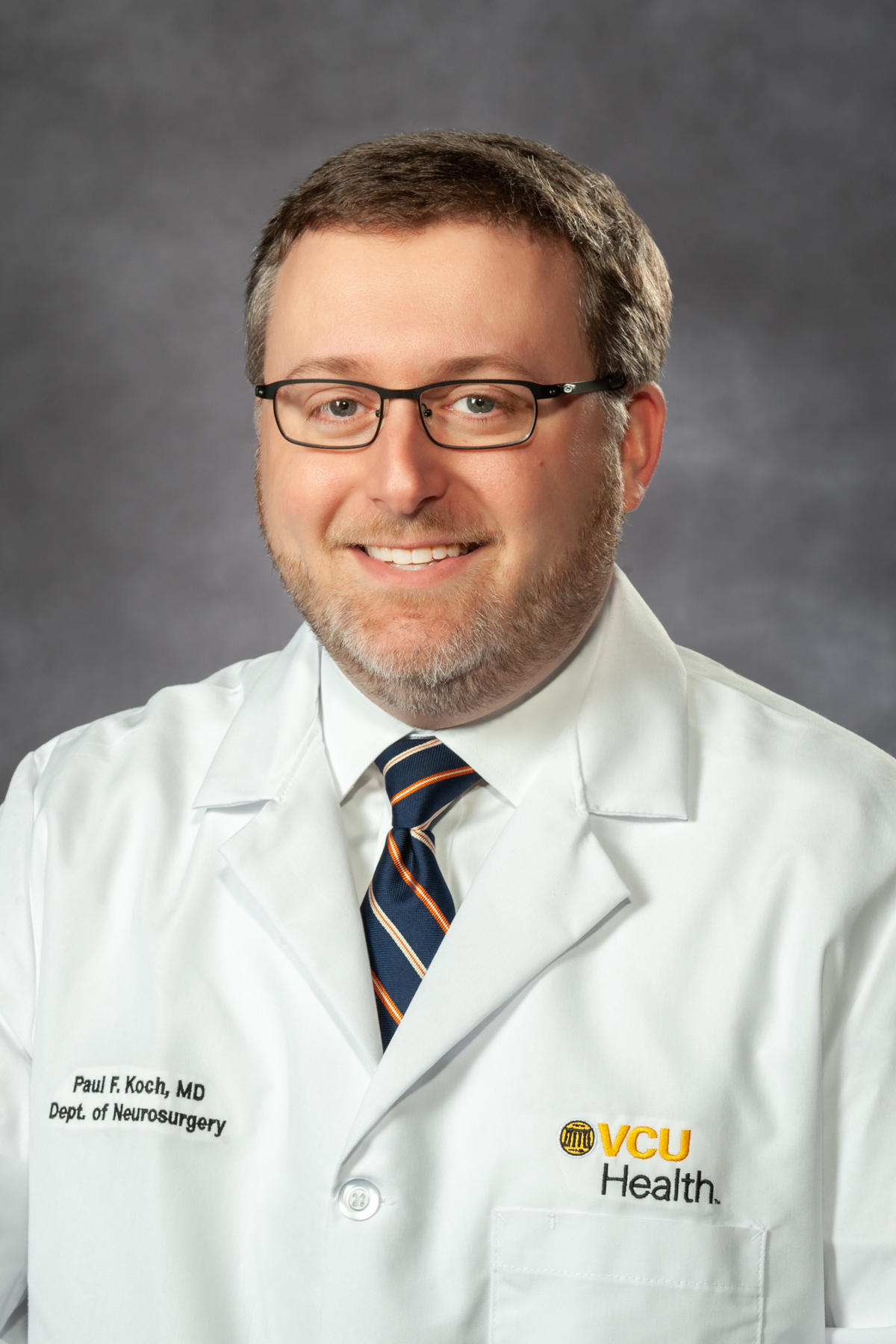
Paul Koch, M.D.
Assistant Professor

Paul Koch, M.D.
Assistant Professor
Neurosurgery
Assistant Professor
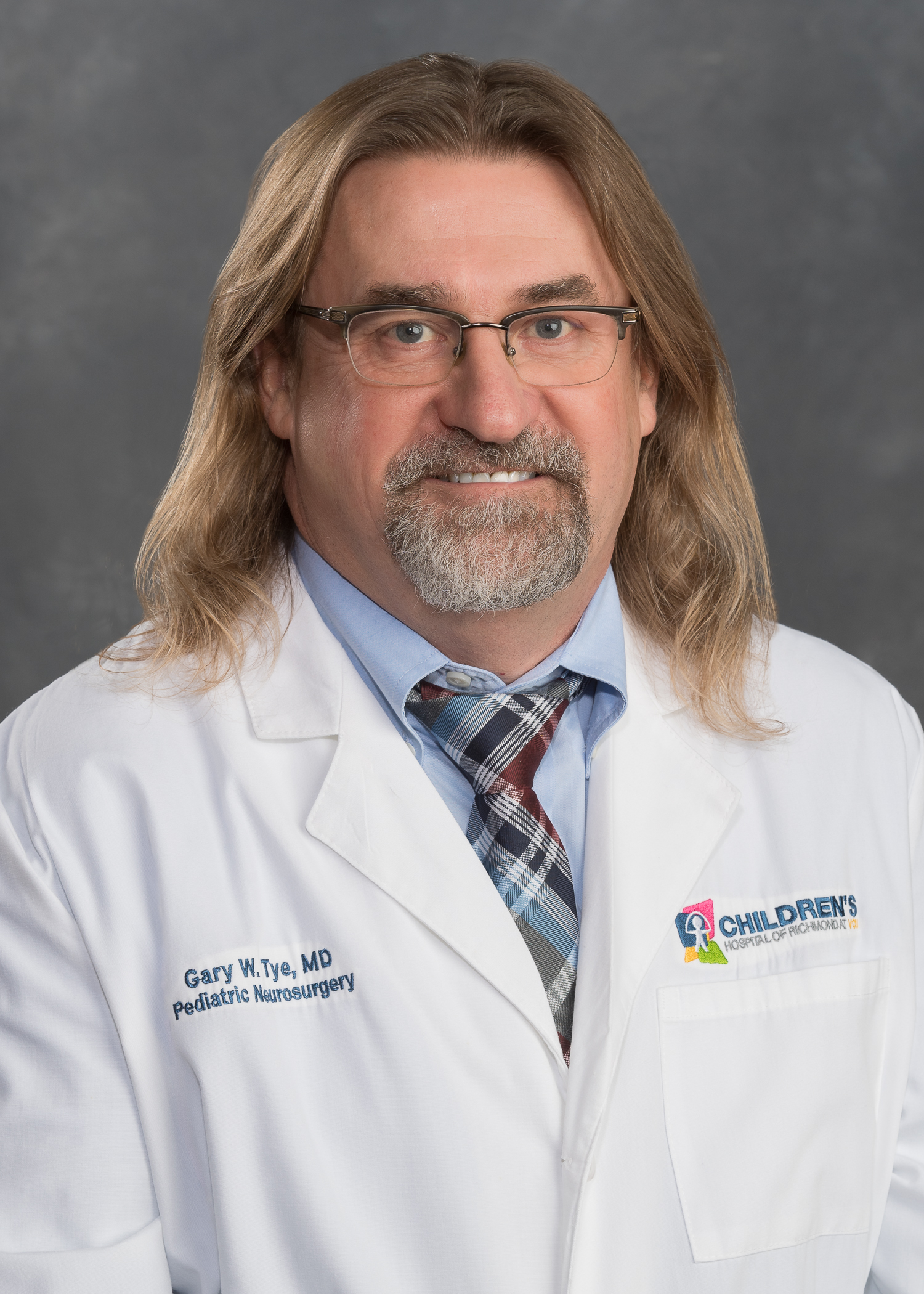
Gary W. Tye, M.D.
Clinical Professor, Chief of Pediatric Neurosurgery

Gary W. Tye, M.D.
Clinical Professor, Chief of Pediatric Neurosurgery
Neurosurgery
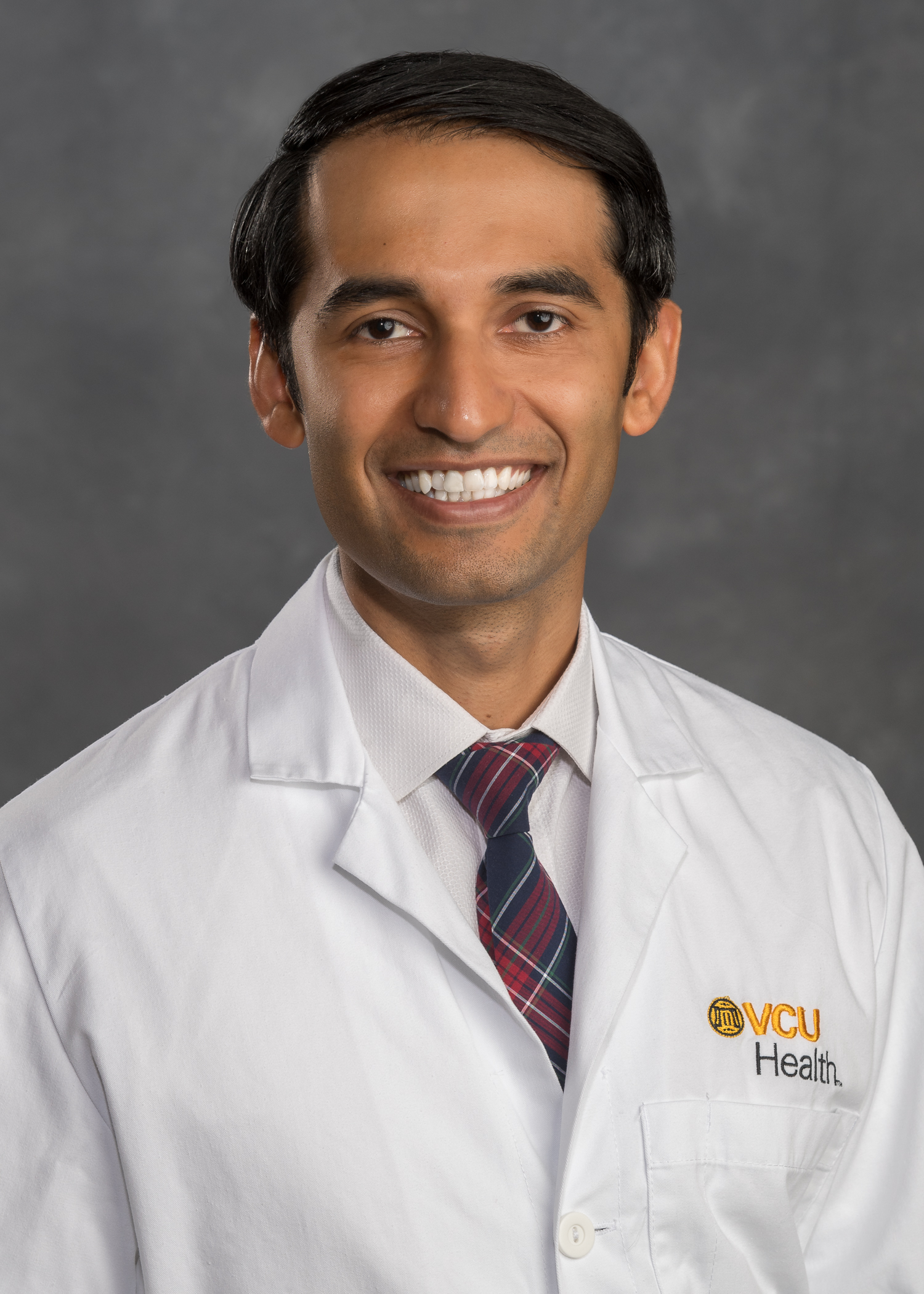
Ket Verma, M.D.
Assistant Professor

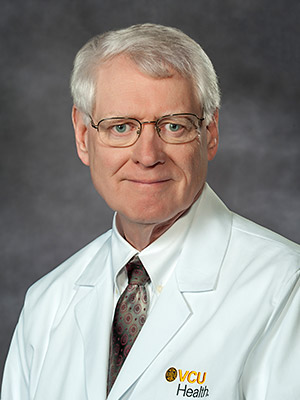
John D. Ward, M.D., M.S.H.A.
Professor

John D. Ward, M.D., M.S.H.A.
Professor
Neurosurgery
Edward S. and Elizabeth W. Hirschler Endowed Professorship in Neurosurgery
President and Chief Medical Officer, VCU Medical Center/MCV Physicians